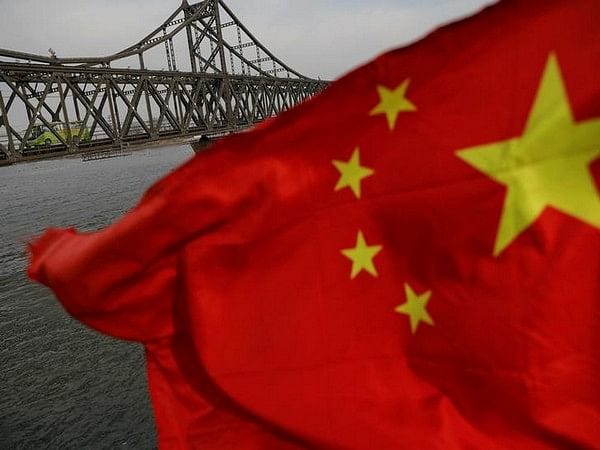China's Imperial Foreign Policy Ambitions Analyzed by US Navy Officer
Former US Navy officer James Holmes discusses China's pursuit of an imperial foreign policy at a maritime symposium.
China: China has been steadily pursuing an imperial foreign policy, primarily in Southeast Asia, according to a former US Navy surface-warfare officer, James Holmes.
Speaking at the Centre for Irregular Warfare and Armed Groups Maritime Symposium, Holmes explained that China has opted for a low-intensity, long-term strategy to achieve its goals.
Holmes highlighted that China's leadership aims to fulfil the "Chinese Dream," as described by General Secretary Xi Jinping, which encompasses multiple fronts, including economic prosperity, control of Taiwan, and reshaping the regional order in the Western Pacific.
He said that China's ambitions align with the concept of "Making China Great Again."
While discussing imperialism, Holmes cited Professor Hans Morgenthau's definition of an imperialist foreign policy as one that aims to overthrow the status quo and reverse power relations between nations.
He noted that China's aspirations for an imperial foreign policy are not new and have historical roots dating back to the Sino-Japanese War.
Holmes suggested that law enforcement and light naval forces should be leveraged to compete effectively in the region, backed by heavier naval forces and shore fire support if necessary.
He highlighted the importance of multinational coastguard patrols and cooperation with allies to strengthen strategic and political influence.
The analysis sheds light on China's long-term objectives and the implications for regional dynamics, urging a comprehensive approach in response to China's ambitions.



